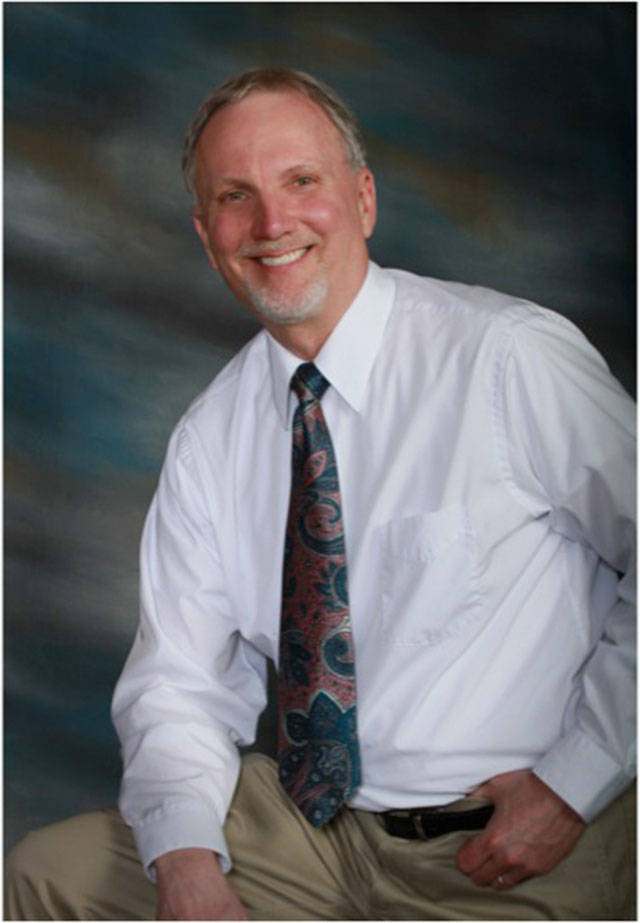Several local hospitals are not very busy right now. A lot of clinics are closed. Many medical employees have been laid off. That includes ophthalmologists, dentists, dental hygienists, doctors, nurses, and chiropractors. Elective surgeries and procedures have been delayed. The number of new coronavirus patients are fewer.
Because of the “shelter in place” orders, many of us have time on our hands, whether we’re in the medical field or not. Doing some self-reflection now may help us all to become mentally healthy in the future.
Author Andy Stanley in his book, “Ask It”, ponders the concept of time. He states, “Your time equals your life…. But once you run out of time, it’s over.” True enough. His insights into using our time wisely will make us more self-aware about this precious commodity.
“There is a cumulative value to investing small amounts of time in certain activities over a long period.” If you miss exercise for one day or even a week, it probably won’t have much effect, especially if you work out on a regular basis. Stanley notes: “The real value in exercise is not found in any one deposit of time; the value is realized at the end of a sequence of deposits.”
The same thing is true when raising our children. If you miss your child’s activity once in a while, it won’t have an effect on them. But your prolonged and constant attention produces children who know they are well-loved. They mature into well-adjusted adults.
Neglect is the opposite side of the same coin. Using the same health analogy, by missing exercise for a decade or more, the effects are likely to be long-lasting and irreversible. Eat a lot of junk food once, and there will be little long-term effects. Eating junk food over years can shorten your life. This principle occurs not just in terms of health, but also relationally, financially, emotionally, professionally, and spiritually, and also, according to Stanley, horticulturally. Think of neglecting our lawns and flowerbeds. The greater the neglect the more work needed to repair the damage.
Staying up all night to study for a final that you haven’t studied all quarter will likely not help you much. Driving faster to make up for lost time likely will earn you a ticket or an accident. Going to the gym after years of neglect and then working out hard for hours to make up for time will not earn fitness. It will mean exhaustion and soreness that will last for days.
I remember a time when I was talking to a graduating high school senior who had just a few weeks to go before commencement ceremonies. Her parents had just come to the realization that their daughter was soon to become an adult and would eventually be leaving their house. They started to set rigid limits on her. Both the graduating senior and I knew it was too late. Time had passed. Their little girl had grown up and there was no way to turn back the clock.
As Stanley states, “In critical arenas of life, you cannot make up for lost time.”
We all set priorities in our lives. Most people aren’t even aware that they have priorities until they look back over years. Too late, they realize their mistakes. As I’ve written in previous columns, “Be the dad (mom, sibling, grandparent) you wish you had.” That’s how I raised my children. Now that they’re in their 30s and early 40s, I have no regrets about the amount of time I spent with them when they were young. Added adages might also include: “Be the spouse you wish your spouse would be to you.” And, “Be the employee or boss you’d like to have.”
Stanley’s thesis in “Ask It” was to continually ask yourself the question, “What is the wise thing to do?” He believes it is possible to live a regret-free life by asking that question in every circumstance. Is that easy? That depends on whether you consider the alternative of not asking the question. Which is better, living a mainly regret-free life, or grieving for all the wrong decisions you made and wishing you could take back?



